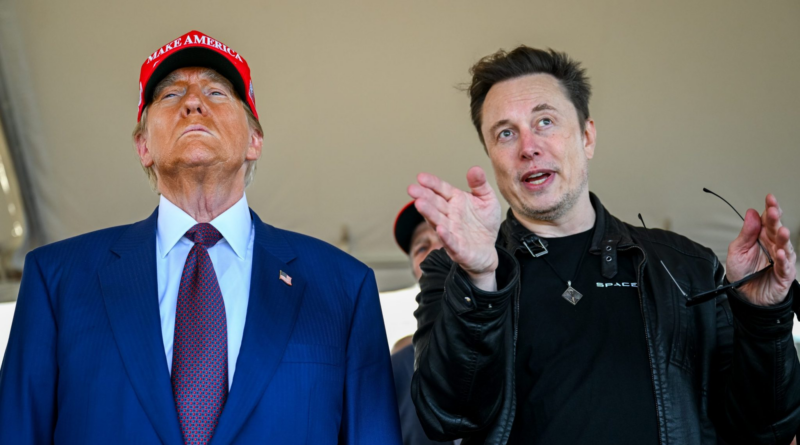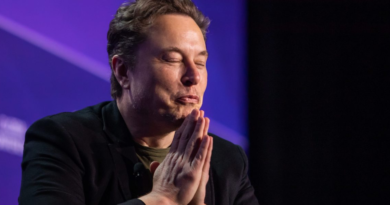Daylight savings could actually come to an end if Elon Musk and Vivek Ramaswamy’s new government efficiency board has its way
The new government agency led by Elon Musk and Vivek Ramaswamy seems to be setting its sights on one of America’s most polarizing timekeeping traditions: daylight saving time.
In a series of social media posts over the past week, the Tesla and SpaceX CEO has strongly suggested that the Department of Government Efficiency, or DOGE, will end the semiannual clock changes.
“Looks like the people want to abolish the annoying time changes!” Musk wrote on his platform, X, linking to an online poll that showed most respondents favored eliminating the clock changes. Ramaswamy responded, “It’s inefficient & easy to change.” Musk later affirmed his stance by replying “Yes” to Senator Mike Lee (R-Utah) when asked if he wanted to end the time shifts.
It’s inefficient & easy to change.
— Vivek Ramaswamy (@VivekGRamaswamy) November 27, 2024
— Elon Musk (@elonmusk) November 27, 2024
While the comments could be a casual exchange rather than a concrete policy push, they align with DOGE’s mission to streamline government processes. However, any significant change would require congressional approval—a hurdle that has tripped up past legislative attempts, including the 2022 “Sunshine Protection Act”, which passed the Senate but died in the House.
A growing backlash to daylight saving time
Daylight saving time, which originated during World War I to conserve energy, has been the subject of debate in recent years as people start to question its continued benefits. Critics point to its unintended consequences, such as health risks from disrupted sleep patterns.
Studies have linked the practice to increased rates of heart attacks, strokes, and car accidents in the days following the clock changes. Additionally, a study by JPMorgan Chase found that the switch back to standard time is associated with a 2.2% to 4.9% drop in consumer spending, depending on location.
Public opinion also reflects frustration. A 2022 YouGov poll revealed two-thirds of Americans want to end time changes, though a majority of those surveyed said they wanted to make daylight saving time permanent and end the change to standard time.
Over the last 10 years, Azerbaijan, Iran, Jordan, Namibia, Russia, Samoa, Syria, Turkey, Mexico and Uruguay have all discontinued the use of daylight saving. And many countries never used it at all.
In Europe, the European Parliament voted in 2019 to abolish biannual clock changes by 2021; however, the proposal stalled due to a lack of agreement among member states.
How Musk and Ramaswamy might actually end daylight saving time
Musk, who grew up in South Africa—a country that does not observe daylight saving time—has mocked the tradition before. In 2017, he humorously shared a satirical explanation of daylight saving time, calling it “annoying.”
Finally, an explanation for daylight savings that makes sense … https://t.co/kGpJHNgRJO
— Elon Musk (@elonmusk) March 14, 2017
Meanwhile, Ramaswamy, who founded the biotech company Roivant Sciences and has become a vocal conservative, has often criticized inefficient government practices. Their leadership of DOGE is meant to address such inefficiencies, though the feasibility of abolishing daylight saving time remains unclear.
The Department of Transportation (DOT) oversees daylight saving time due to its historical connection to standardizing time for trains in the early 20th century. However, the agency cannot make changes without congressional action.
Making Daylight Saving Time permanent is O.K. with me!
— Donald J. Trump (@realDonaldTrump) March 11, 2019
Luckily for Musk and Ramaswamy, Republicans will soon control the House, Senate, and White House, and President-elect Trump has previously expressed support for ending time changes by making daylight saving time permanent meaning there’s a good chance it could be codified if the right bill is put forward.




